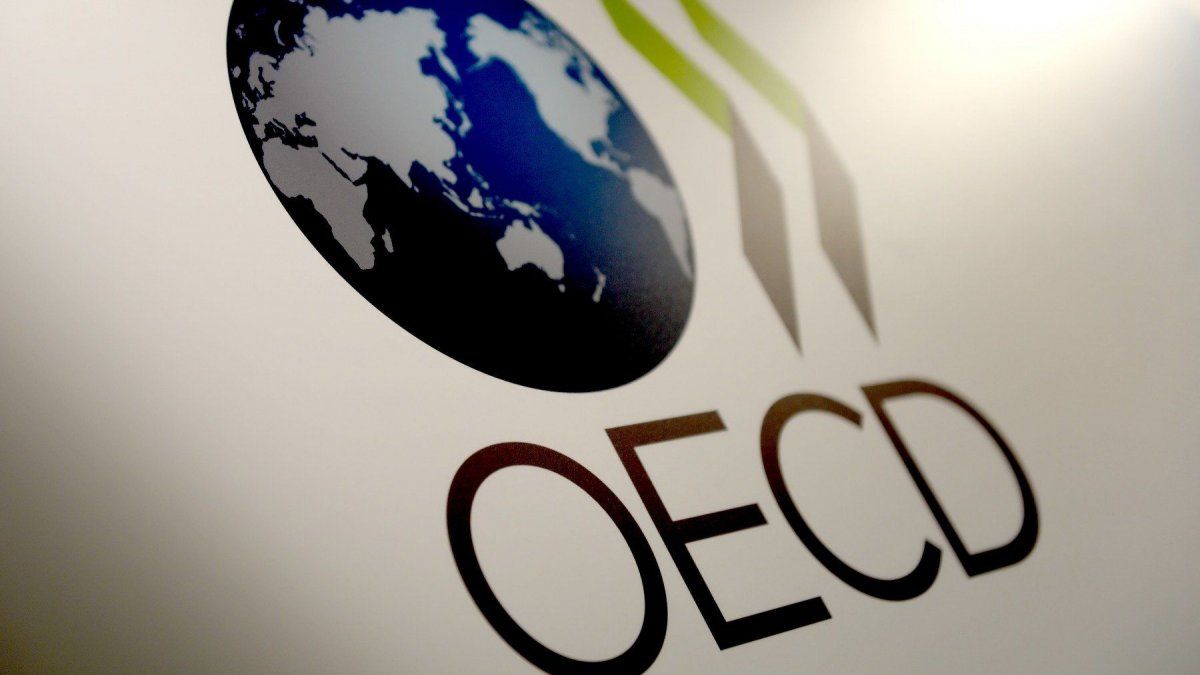The executive maintained that the region reacted quickly to the problem of inflation and that it is “well prepared” for the crisis “that now comes from outside.”
During the presentation that the executive of the financial entity of Spanish origin made before the latin american press at the headquarters in Madrid, highlighted the macro improvementhe level of international reservesthe “moderate” current account deficits, the fact that exports have tripled in the last 20 years, the strength of the institutions (especially with independent central banks, which make decisions outside of politics) and predicted that the countries will have inflation below 5%.
However, He immediately clarified that there are two exceptions: Argentina and Venezuela.
Santander: inflation in Argentina, main concern
With a inflation that would end up around 180%, according to the main consulting firms, and in the midst of the electoral uncertainty, Botín remarked that “it is clear that there is a need macro policies that are consistentthat help the country have a higher level of predictability. “We are not going to get into political issues, we will always continue working with democratically elected governments in all the countries in which we operate, and this will be the case of Argentina.”
And he expanded: “In Argentina we have a very solid bank, with a return of 20%. I define myself as an optimist who worries a lot. The case of Argentina worries me a little more. But the important thing is the opportunity, because Argentina is a country that has 8% credit over GDP.”
For its part, Alejandro Butti, CEO of Santander Argentinaadded that the country needs a stabilization plan and pointed out that otherwise “it is very difficult to accommodate the rest of the variables.”
Santander Rio.jpg
Technomio
Santander’s forecasts for Argentina
“Now a new period opens, we are going to have a new president on December 10and the candidate who came out first in the last elections [del 22 de octubre] He talked about presenting a budget that has a 1% surplus. If this is achieved, for Argentina it would be historic, because for many years we have had a deficit and, with a chronic deficitthinking about containing inflation is very difficult,” he indicated.
According to estimates of the banking entitythis year Argentina would have a 3% contraction of GDP and next year the drop in economic activity would be 2%.
Global context: what is the panorama of Santander
A while before, Botín had mentioned the global context, which he described as “increasingly unstable.”
In this sense, he mentioned “two global supply shocks that almost never occur”, in reference to the pandemic and the war in Ukraine, and also referred to the “terrible attack” in Israel and placed special emphasis on the relationship between China and the United Stateswhich is what is setting the economic pace in the world.
At the same time, he maintained that the global economy going through a period of stagflation and that, however, this year has been better than expected, due to the savings accumulated during the pandemic and an “atypical” labor market situation with full employment and salaries that are ahead of inflation in the United States and some countries in Europe.
“The central banks have been very committed to inflation and this is especially true in Latin America, especially in Brazil and Mexico, which have been 10 or 11 months ahead of European countries. From experience, the region knows that we can stop inflation quickly or it is much more difficult. It is never easy and it will always have a cost, especially in certain segments of the population, which are the ones who suffer the most,” described Botín during the XX Santander Latin America Meeting, in which journalists from all over the region participated.
In the medium term, he said, the challenge is attract private sector investment to achieve growth.
Looking ahead to the upcoming scenario, she was concerned about the ddecline of the market economy, which is something that needs to be reformed. “Reforms must be made. The industrial economy no longer exists, it is now a digital economy and it is very different.
Taxes have to accompany these differences in value creation. The question now is where the value is created,” she said.
Source: Ambito




